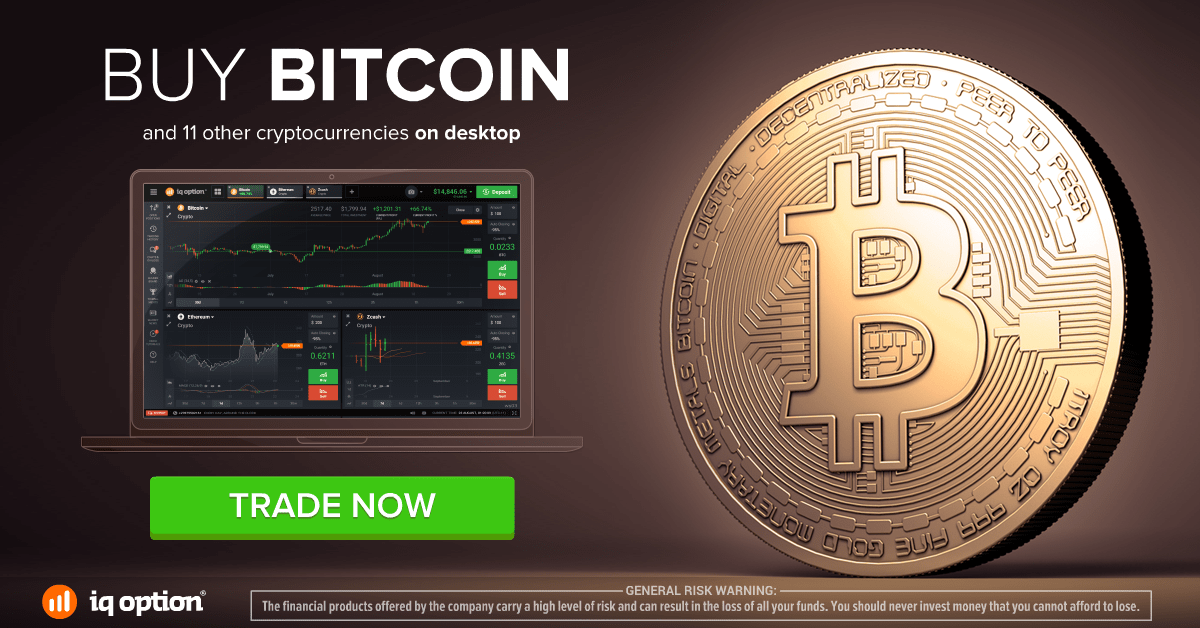The buzz around Bitcoin is almost deafening, but where does the cryptocurrency phenomenon head next? Here we present the views of two parties with strong opinions either way. Whether it helps settle the debate, or simply clouds the issue even further, you decide!
Case For Growth: Gold 2.0 says Cameron Winklevoss
Cameron Winklevoss, the world’s first Bitcoin billionaire, has predicted the cryptocurrency will continue to rise, and even exceed a market value of $1 trillion.
Speaking to CNBC, Winklevoss said:
“We’ve always felt that Bitcoin, given its properties, is gold 2.0 — it disrupts gold. Gold is scarce, Bitcoin is actually fixed. Bitcoin is way more portable and way more divisible. At a $300 billion market cap, it’s certainly seen a lot of price appreciation, but gold is at $6 trillion and if Bitcoin disrupting gold is true and it plays out … then you can see 10 to 20 times appreciation because there is a significant delta still.”
Cameron and Tyler Winklevoss are the twin brothers known for their role in the creation of Facebook, and a subsequent dispute with the social media giant. The brothers reached agreement on a legal settlement with Mark Zuckerberg in 2008, over claims the original concept for Facebook had been stolen from them. The case was resolved with Cameron and Tyler Winklevoss accepting $20 million in cash and $45 million worth of Facebook stock.
Cryptocurrency a saturated market?
In addition to concerns among analysts that the Bitcoin boom is just another tech bubble and too risky an investment, some have also expressed concern about how crowded the cryptocurrency market is. With so many different crypto brands flooding the sector, there is a concern that Bitcoin’s value could be drained by the sheer volume of competitors operating in the same space. However, Winklevoss believes these other digital currencies will not damage Bitcoin’s fortunes because although they are in the same market, they are not used in the same way.
Bitcoin: the new gold
Bitcoin has become increasingly popular as a form of investment used by investors in the same way as scarce commodities like gold – to hoard, store and retain wealth. Nearly all of the other digital currencies are used in a more conventional way, as alternative payment solutions – “Bitcoin is not competing with those other currencies. It is competing with gold. Bitcoin is the oldest, it has the first mover advantage and there’s tremendous liquidity“, says Winklevoss.
The Case For A Collapse: RBS Chairman warning
The value of bitcoin is rising rapidly, and leaders in the financial sector are voicing their concerns it can only end in disaster.
Chairman of the Royal Bank of Scotland (RBS), Sir Howard Davies, went as far as to call for a ‘Dante’s Inferno’ warning – abandon hope all ye who invest in bitcoin. But if the value of bitcoin is rising rapidly, why are many in the financial sector claiming it is a bad idea to invest?
Davies discussed his concern on Bloomberg TV, highlighting that as the value of bitcoin rose towards a staggering $15,000, the cryptocurrency resembled a “frothy investment bubble“. The main concern is that as bitcoin does not fall within the regulatory remit of any single regulator, there is no one to warn those looking to invest in bitcoin of the risks.
No Rational Reason For Growth
Davies also voiced concern that he could see no rational reason for such a sharp rise in the value of the currency, stating that all that authorities can do is ‘put up the sign from Dante’s inferno.‘ Davies further noted that that this warning must come from all relevant authorities at once – the Federal Reserve, the Bank of England and the European Central Bank.
If cryptocurrency is so bad, why haven’t more banking leaders taken action? Davies says that he believes they worry about being seen as archaic if they speak out against digital currency, when the market points to a clear desire for a faster, innovative payments system. However, he believes in the long run, this system will not be bitcoin.
Currency, Not Investment
On the other hand, head of Yahoo Jerry Yang is far more positive about the future of bitcoin – but still contradicts Cameron Winklevoss. Yang insists that cryptocurrency can be a ‘force for good‘ in the longer term, but that in order for it to thrive, we must treat it as it was intended to be used. The problem with bitcoin is that people treat it like an investment, not like a currency. Yang stated that bitcoin as a currency was ‘not quite there yet‘ and that instead of allowing its value to be driven by investment, we should focus on using bitcoin as a transactional currency. Winklevoss says the opposite.
